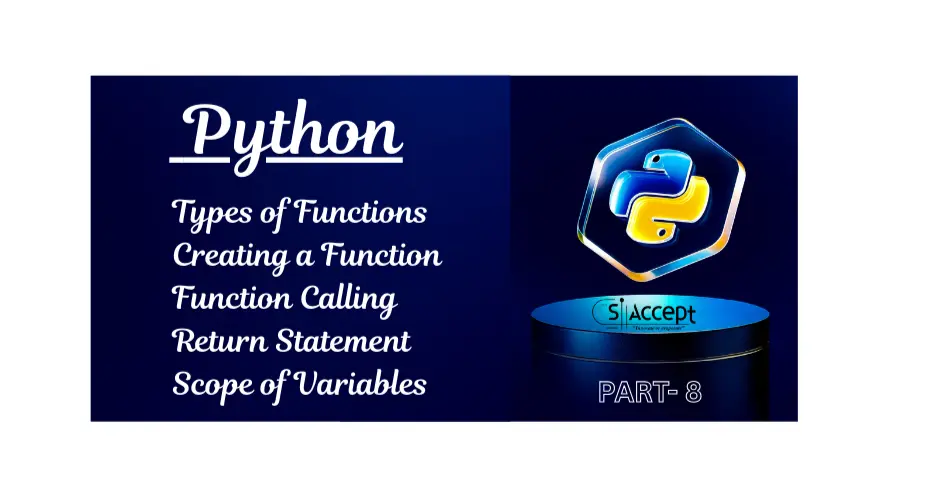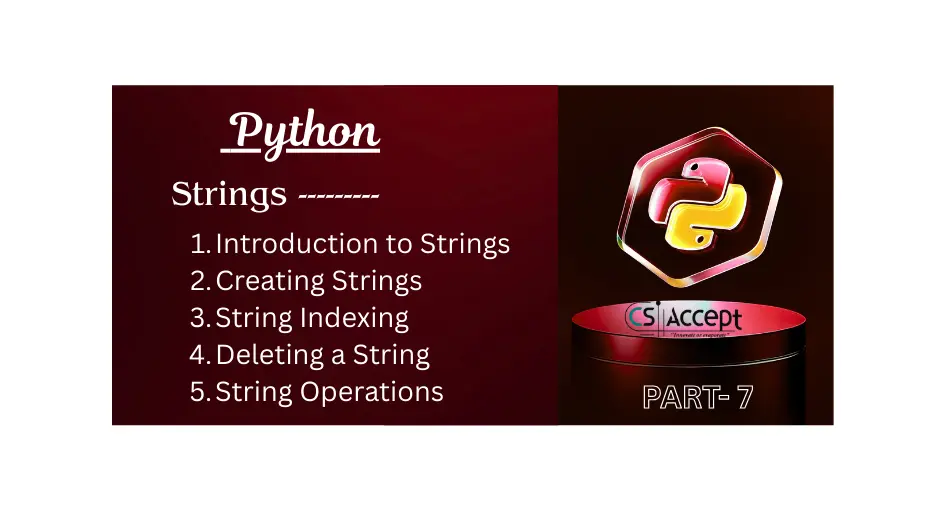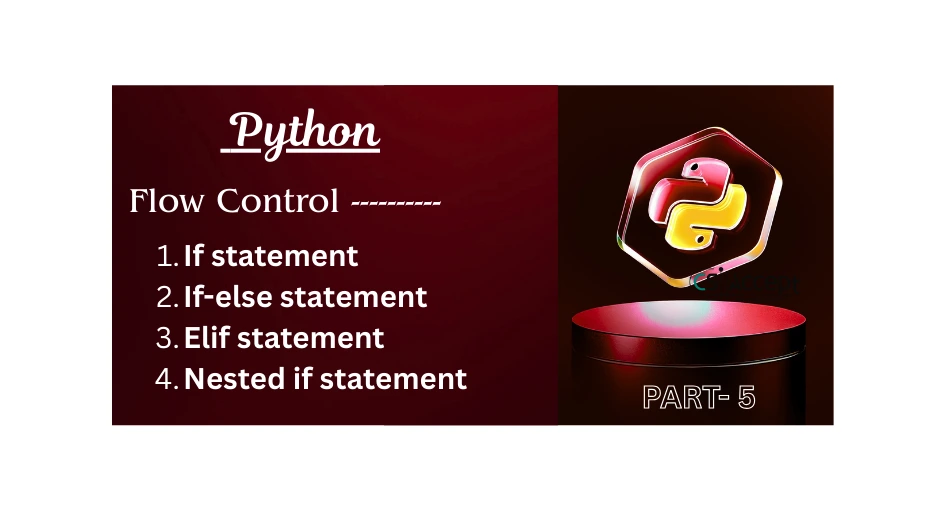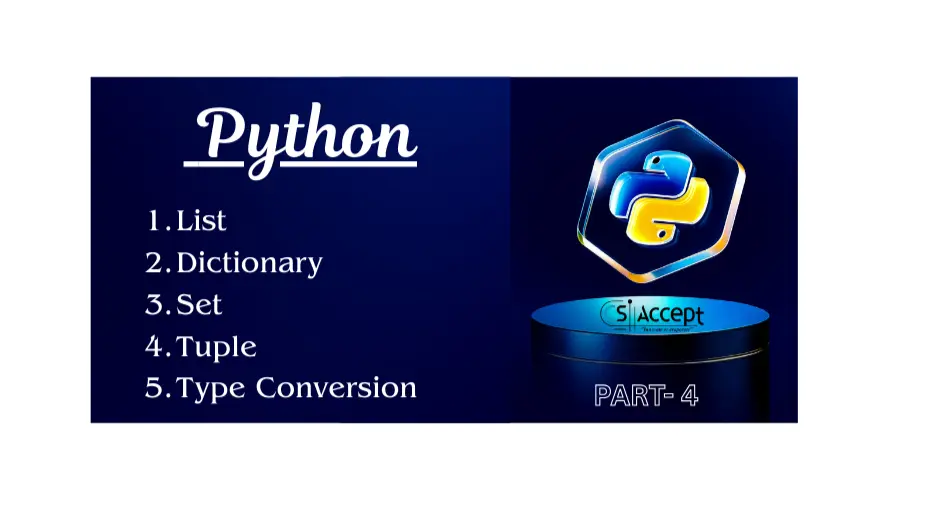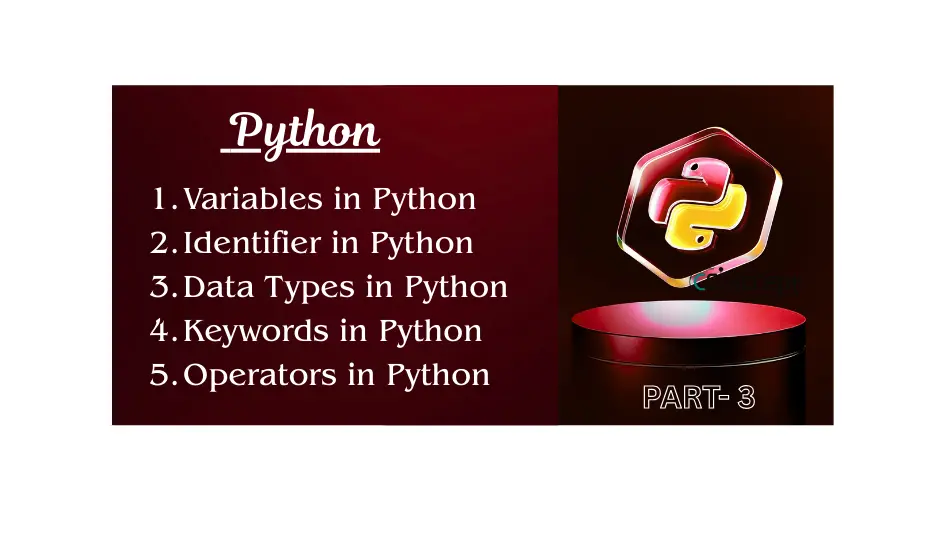
A Complete Guide for Entrepreneurs and Developers
Introduction
Choosing the right cloud platform is one of the most important decisions for any startup in 2025. Whether you’re building a web app, mobile backend, eCommerce store, AI tool, or SaaS product, the cloud infrastructure you select will impact performance, cost, scalability, and time to market.
With multiple cloud providers offering a wide range of services, startups need platforms that are cost-effective, developer-friendly, and scalable from MVP to enterprise level.
Top 10 Cloud Platforms for Startups in 2025
1. Amazon Web Services (AWS)
Overview: The world’s leading cloud platform with over 200 services. Ideal for both bootstrapped startups and scale-ups.
Key Features:
- Wide range of services (compute, storage, AI/ML, databases, DevOps)
- AWS Activate program for startups
- Global infrastructure
Pros:
- Industry leader with reliability
- Flexible and scalable
- Massive community and documentation
Cons:
- Complex pricing
- Steep learning curve for beginners
Startup Programs:
- AWS Activate: Up to $100,000 in credits
Used By: Airbnb, Netflix, Dropbox
2. Microsoft Azure
Overview: A strong competitor to AWS, Azure integrates deeply with Microsoft products (Office 365, Windows Server, GitHub).
Key Features:
- AI & ML tools (Azure AI, OpenAI integration)
- Best for startups using .NET, Windows stack
- Hybrid and multi-cloud capabilities
Pros:
- Seamless integration with Microsoft products
- Strong enterprise tools
- Large global footprint
Cons:
- Pricing complexity
- UI can be less intuitive than competitors
Startup Programs:
- Microsoft for Startups Founders Hub: Up to $150,000 in credits
Used By: LinkedIn, Adobe, Mojang
3. Google Cloud Platform (GCP)
Overview: Known for its high-performance computing, data analytics, and AI/ML tools powered by Google.
Key Features:
- Firebase for mobile/web backends
- Vertex AI for ML/AI
- Cloud Run for serverless apps
Pros:
- Excellent AI/ML & Big Data tools
- Simple and clean UI
- Easy integration with Android & Firebase
Cons:
- Smaller ecosystem than AWS/Azure
- Some services are region-restricted
Startup Programs:
- Google Cloud for Startups: Up to $100,000 in credits
Used By: Spotify, Snapchat, Twitter
4. DigitalOcean
Overview: A developer-focused cloud platform with simplicity and affordability at its core. Ideal for MVPs, small SaaS, and solo developers.
Key Features:
- Droplets (virtual machines)
- App Platform (PaaS)
- Managed databases and Kubernetes
Pros:
- Very beginner-friendly
- Transparent pricing
- Active startup support community
Cons:
- Limited advanced enterprise features
- Fewer global data centers
Startup Programs:
- Hatch by DigitalOcean: Up to $100,000 in credits
Used By: Ghost, GitLab (initially), HackerNoon
5. Heroku (Powered by Salesforce)
Overview: A Platform-as-a-Service (PaaS) that abstracts away infrastructure management, perfect for rapid deployment and prototyping.
Key Features:
- Supports multiple languages (Node.js, Ruby, Python, PHP)
- Simple deployment with Git
- Add-ons marketplace (databases, logging, etc.)
Pros:
- Great for MVPs and early-stage startups
- Quick setup and easy scaling
- Managed services reduce ops workload
Cons:
- Can get expensive at scale
- Slower performance than raw IaaS
Used By: Product Hunt, Lyft (early-stage), Mailchimp (prototype)
6. Vercel
Overview: Front-end focused cloud platform for static sites and JAMstack applications, mainly for React/Next.js apps.
Key Features:
- Global CDN for fast load times
- Git integration for automatic deployment
- Serverless functions
Pros:
- Excellent for web frontends and SaaS dashboards
- Instant deployment with Git push
- Free tier for hobby projects
Cons:
- Limited to frontend-focused use cases
- Less control over backend infrastructure
Used By: Hashnode, Notion (frontend), TikTok (landing pages)
7. Firebase (by Google)
Overview: Backend-as-a-Service platform for mobile and web apps. Ideal for fast, serverless development.
Key Features:
- Real-time database and Firestore
- Firebase Authentication
- Cloud Functions (serverless backend)
Pros:
- Rapid prototyping
- Seamless integration with Android
- Analytics and performance monitoring included
Cons:
- Vendor lock-in
- Not suitable for large-scale apps with custom backend logic
Used By: Duolingo, The New York Times (Games), Alibaba
8. Render
Overview: A newer, developer-friendly alternative to Heroku with full-stack support and easy scaling.
Key Features:
- Web services, static sites, cron jobs, background workers
- PostgreSQL, Redis, Docker support
- Auto-deploy from Git
Pros:
- Transparent, flat pricing
- Very easy for full-stack deployment
- Free tier for testing
Cons:
- Fewer integrations than legacy platforms
- Smaller ecosystem
Used By: IndieHackers, Fathom Analytics, Arctype
9. IBM Cloud
Overview: Enterprise-grade cloud platform known for AI, blockchain, and hybrid cloud solutions.
Key Features:
- Watson AI/ML services
- Secure cloud services
- Kubernetes and container orchestration
Pros:
- Enterprise-level security
- Hybrid/multi-cloud support
- Open-source friendly
Cons:
- Complex UI
- More focused on enterprise clients
Startup Programs:
- IBM Startup with IBM: Credits, technical support, mentorship
10. Oracle Cloud Infrastructure (OCI)
Overview: Known for performance and affordability, Oracle Cloud has gained popularity among startups for its Always Free Tier.
Key Features:
- Compute instances, databases, containers
- Machine learning tools
- Autonomous Database
Pros:
- Free tier includes compute and storage
- Competitive pricing
- High performance for data workloads
Cons:
- Smaller developer community
- Learning curve for some services
Used By: Zoom (used OCI for storage workloads), newer AI startups
Comparison Table (2025 Snapshot)
| Cloud Platform | Best For | Free Credits | Strengths |
|---|---|---|---|
| AWS | Scale-ups, full-stack apps | Up to $100,000 | Flexibility, tools, scalability |
| Azure | Microsoft stack, enterprise | Up to $150,000 | Hybrid, AI, enterprise tools |
| GCP | Big data, ML, mobile apps | Up to $100,000 | AI/ML, Firebase, analytics |
| DigitalOcean | MVPs, indie developers | Up to $100,000 | Simple pricing, dev-friendly |
| Heroku | Prototyping, web backends | Limited free tier | Easy deployment, PaaS model |
| Vercel | Frontend apps (React, Next) | Free tier | Fast CI/CD for web apps |
| Firebase | Mobile/web apps | Free tier | BaaS, real-time data |
| Render | Full-stack web apps | Free tier | Git-based deploy, simple UI |
| IBM Cloud | AI/ML, hybrid cloud | Startup program | Watson AI, enterprise-grade |
| Oracle Cloud | Data-intensive workloads | Always Free Tier | High-performance free compute |
How to Choose the Right Cloud Platform
Consider the following before choosing a provider:
- Stage of startup: MVP or scaling?
- Team skills: Familiar with DevOps or prefer managed services?
- Budget: Do you need a generous free tier or credits?
- Product type: Mobile app, SaaS, AI tool, data platform?
- Speed vs control: Do you need fast deployment or full control?
Conclusion
In 2025, startups have more powerful and cost-effective cloud options than ever. Whether you’re building your MVP or scaling globally, selecting the right cloud platform can give you a significant head start.
- For scalability and global reach: AWS, GCP, Azure
- For ease of use and affordability: DigitalOcean, Render, Heroku
- For mobile/web apps: Firebase, Vercel
- For enterprise AI/ML: IBM Cloud, Oracle Cloud
Choosing the right cloud partner early can save you time, money, and technical debt down the road.



